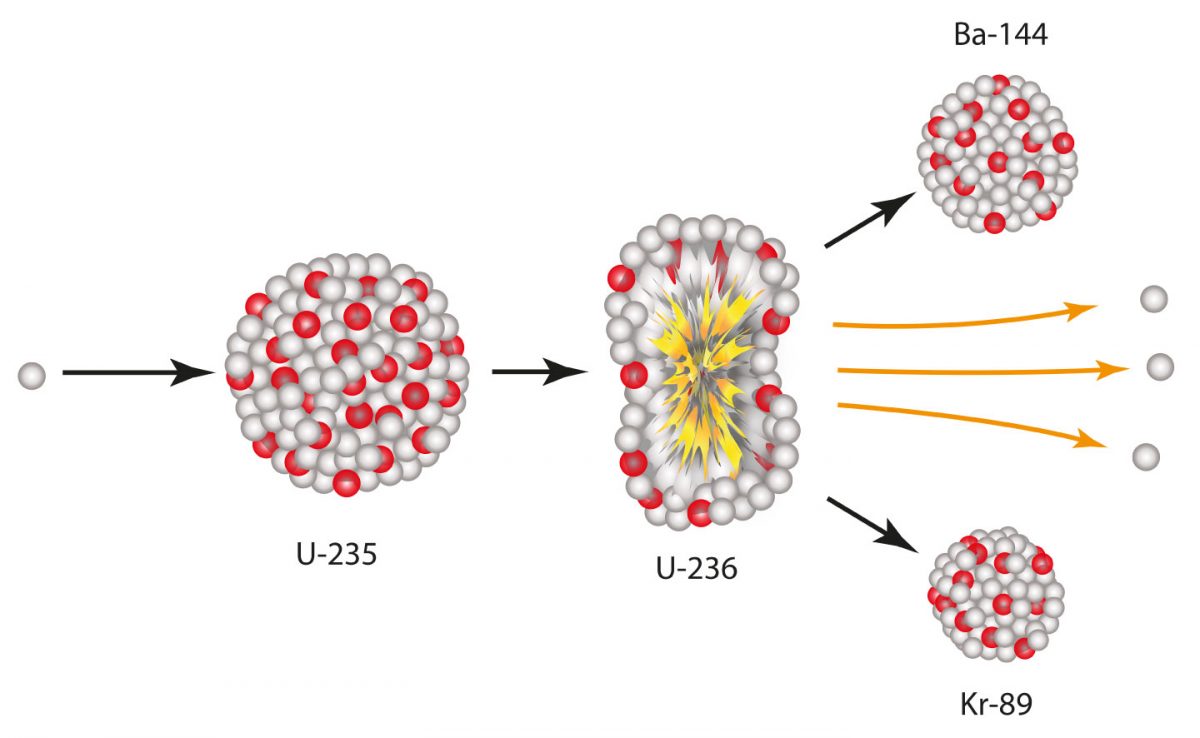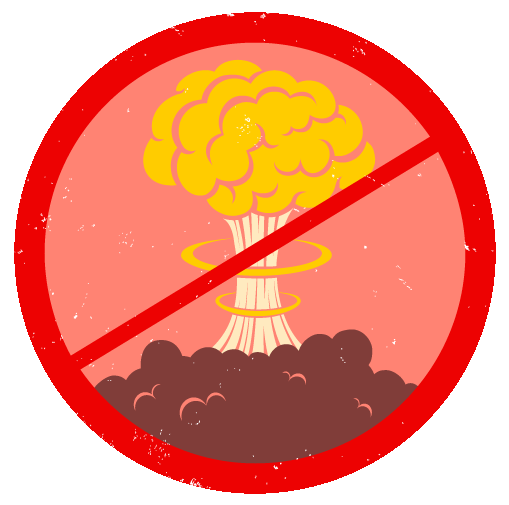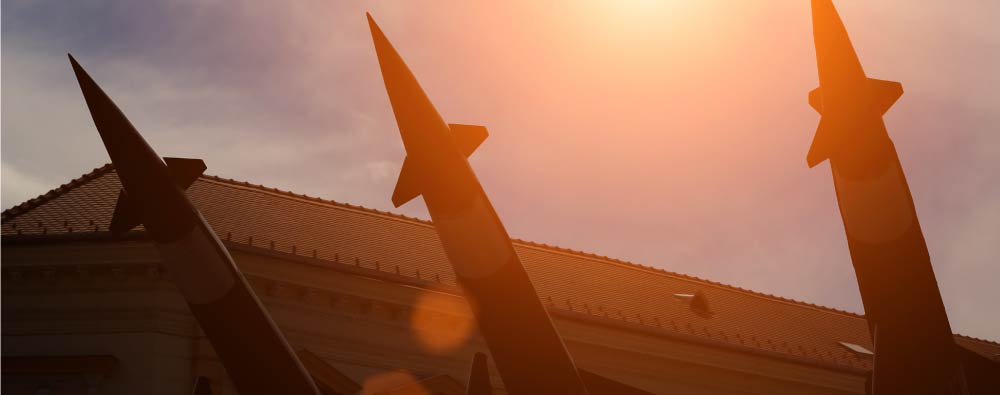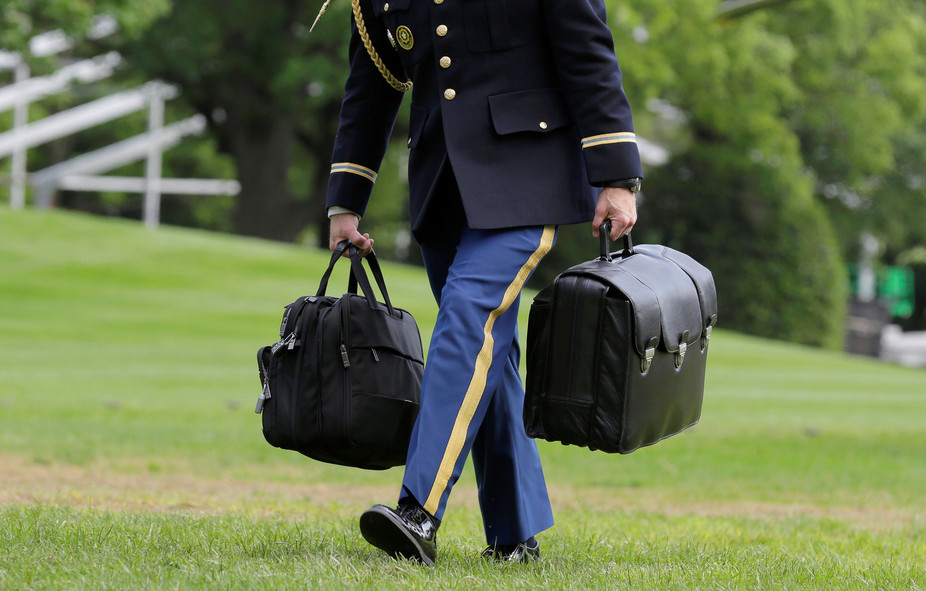The President should declare that the United States will never start a nuclear war.
The choice to use nuclear weapons is the most momentous decision a president could ever take, with the fate of millions at stake. Just one bomb could kill hundreds of thousands of people, while a full-scale exchange could end life as we know it. Currently, the United States reserves the right to use nuclear weapons first in a conflict, and the authority to launch nuclear weapons lies solely with the president.
Adoption of a “No First Use” (NFU) policy means the United States would commit to never initiating a nuclear conflict. A NFU policy would reduce the risk of other countries using nuclear weapons against the United States and contribute to global stability through leading by example.
UCS commissioned polls in several states and has found strong support for a US NFU policy, and even stronger support for the idea that the presidential candidates should be talking about nuclear weapons issues on the campaign trail.
New Hampshire (University of New Hampshire poll, March 2019)
Residents who believe the United States should never use nuclear weapons first: 73%
Residents who believe it is important for presidential candidates to give their views on nuclear weapons: 84%
Iowa (Zogby Analytics poll, April 2019)
Residents who believe the United States should never use nuclear weapons first: 57%
Residents who believe it is important for presidential candidates to give their views on nuclear weapons: 82%
Michigan (Zogby Analytics poll, July 2019)
Residents who believe the United States should never use nuclear weapons first: 67%
Residents who believe it is important for presidential candidates to give their views on nuclear weapons: 82%
Ohio (Zogby Analytics poll, October 2019)
Residents who believe the United States should never use nuclear weapons first: 65%
Residents who believe it is important for presidential candidates to give their views on nuclear weapons: 84%
Georgia (Zogby Analytics poll, October 2019)
Residents who believe the United States should never use nuclear weapons first: 61%
Residents who believe it is important for presidential candidates to give their views on nuclear weapons: 86%
South Carolina (Zogby Analytics poll, February 2020)
Residents who believe the United States should never use nuclear weapons first: 62%
Residents who believe it is important for presidential candidates to give their views on nuclear weapons: 83%
Downloads
Georgia fact sheet
Iowa fact sheet
Michigan fact sheet
New Hampshire fact sheet
Ohio fact sheet
South Carolina fact sheet






